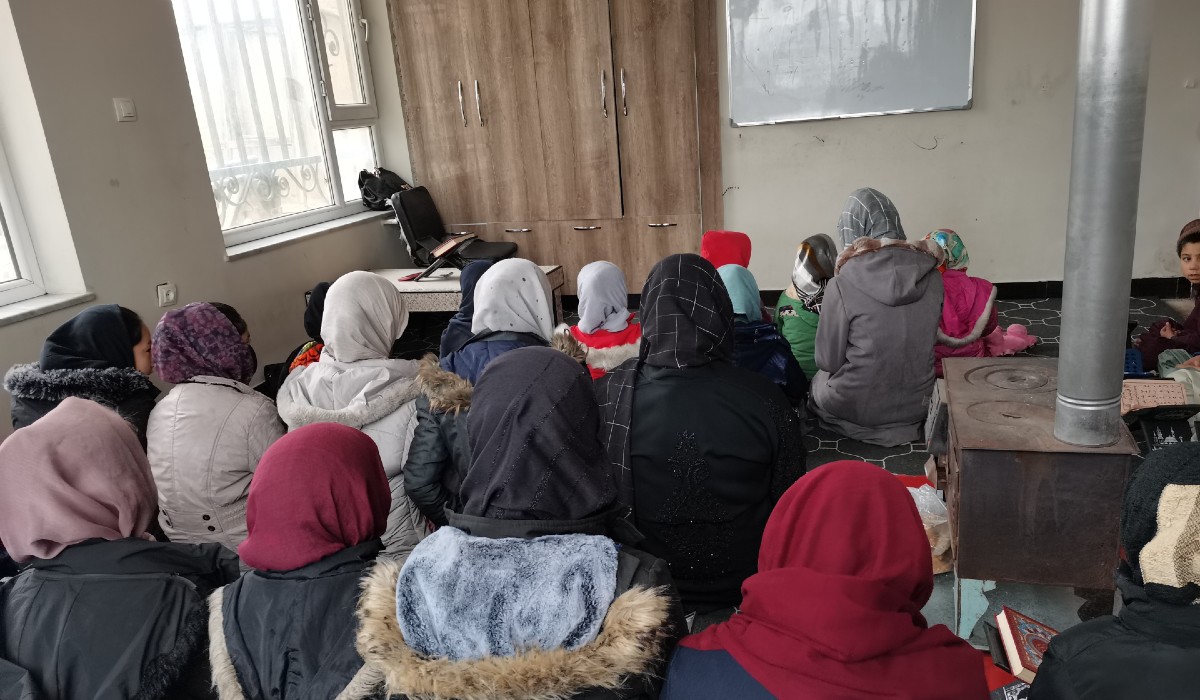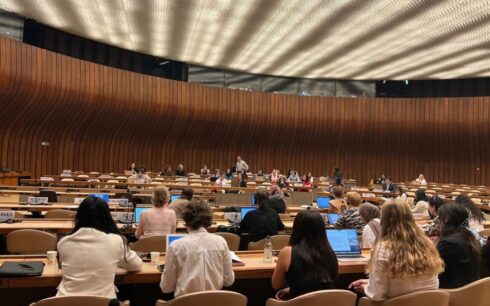A new report by U.N. Special Rapporteur Richard Bennett has scrutinized “the way in which the Taliban’s institutionalized system of oppression of Afghan women and girls is underpinned and sustained through the choreographed deprivation of human rights.”
The report highlights that Afghan girls suffer age-specific, gendered harms, including unequal access to education and healthcare, an increased risk of exploitation (including forced marriage, debt bondage, and trafficking), and a lack of protection against violence from both family members and de facto authorities.
“Girls with multiply marginalized identities, including those from religious and ethnic minorities, suffer distinct harms, magnified by pre-existing discriminatory attitudes and tolerance of violence against them,” the report states.
Afghan women and girls with disabilities, the report adds, continue to face intersecting forms of systematic exclusion. During consultations, Afghan women emphasized that women and girls with disabilities are more likely to be seen as unfit for marriage and may be rejected by prospective grooms’ families.
The Special Rapporteur’s analysis delves into how the Taliban’s systemic discrimination, segregation, and disrespect for human dignity create an institutionalized architecture of oppression. This system denies five fundamental rights—education, employment, freedom of movement, health, and access to justice—creating an inescapable framework particularly detrimental to women and girls.
The Human Rights Council, through resolution 54/1, requested this detailed report on the institutionalized discrimination and exclusion faced by Afghan women and girls. In preparing the report, the Special Rapporteur consulted with a diverse group of Afghan men and women, human rights activists, lawyers, journalists, academics, health workers, entrepreneurs, and international legal experts. These consultations included both in-person and virtual meetings, supplemented by an expert roundtable.
A total of 128 individuals (95 Afghans and 33 international experts) participated in the consultations, including 107 women, 20 men, and 1 individual identifying as gender-fluid. Participants represented a variety of backgrounds, including ethnic and religious minorities and persons with disabilities.
The report underscores the interconnectedness of the denial of fundamental rights, making it nearly impossible for Afghans, especially women and girls, to evade or overcome the Taliban’s oppressive regime.





